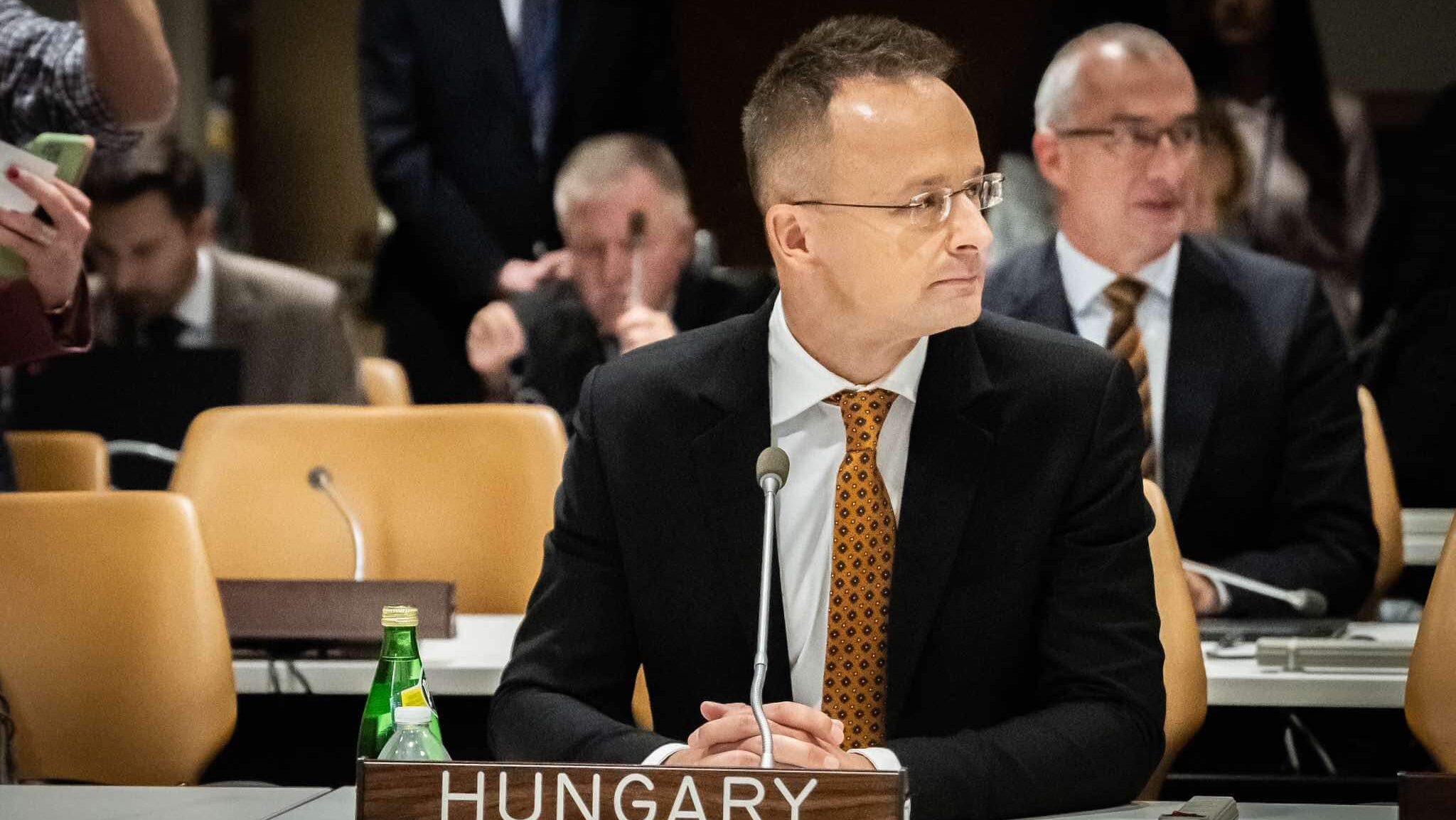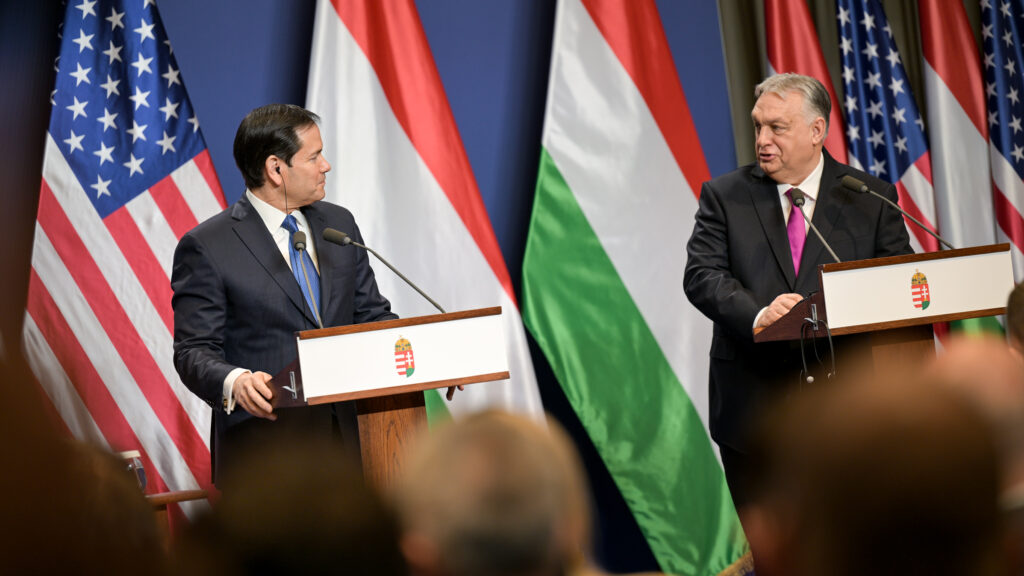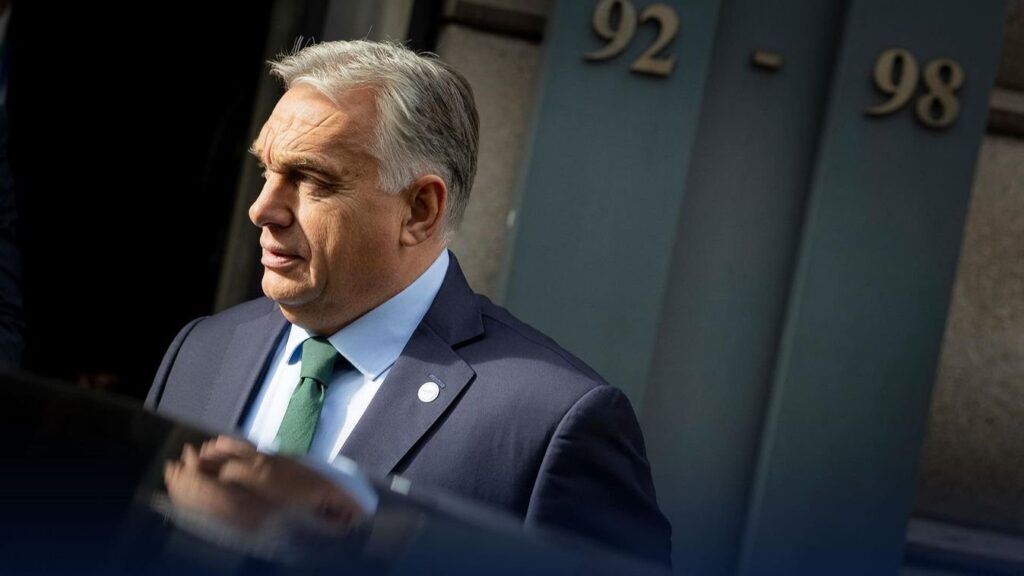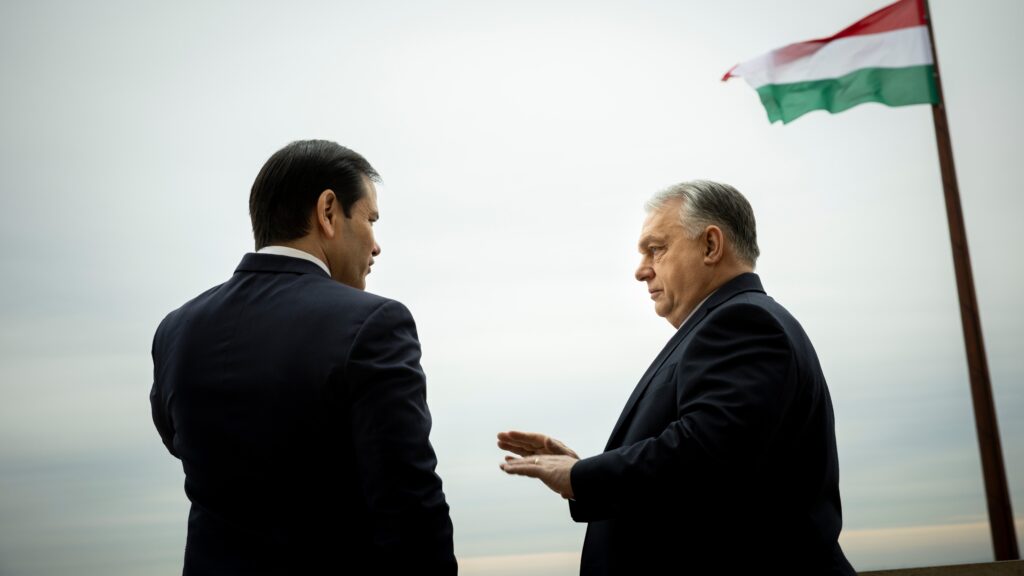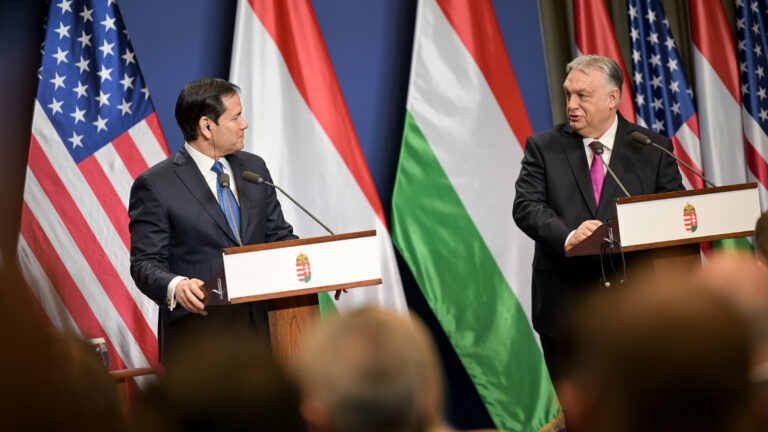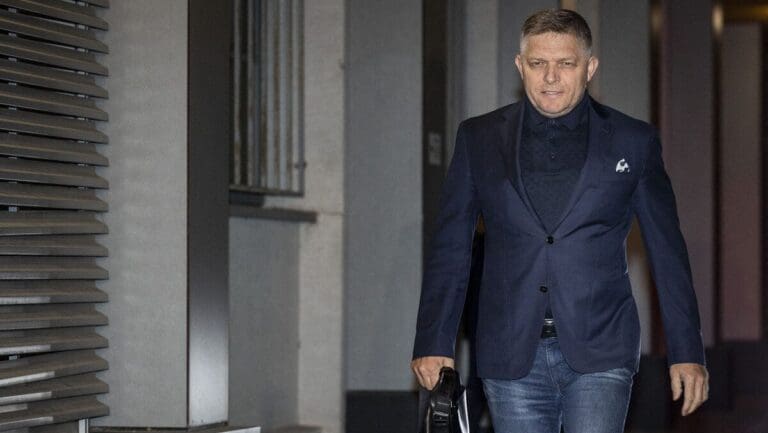Last week a busy period came to an end for UN member state in New York with the conclusion of the autumn session of the UN General Assembly. Hungarian Minister of Foreign Affairs and Trade Péter Szijjártó engaged in a series of bilateral discussions with his Chinese and Russian counterparts, addressing, among other issues, the resolution of the conflict in Ukraine. Additionally, on Friday, a new group called the ‘Friends of Peace’ was established, reportedly on Hungary’s initiative.
The news was initially reported by Péter Szijjártó, who stated that the primary message of the meeting, chaired by China and Brazil, was the urgent need to commence peace talks to bring the war in Ukraine to an end. ‘There is a significant global pro-peace majority, of which Hungary is a member. Only a few European countries are part of this group,’ he noted, adding that the states of the Global South are increasingly frustrated with bearing the costs of a conflict occurring thousands of kilometres away.
The Hungarian FM highlighted that one of the primary objectives of the Friends of Peace group is to advocate for a negotiated resolution to the crisis in Ukraine, based on the Sino–Brazilian peace plan. ‘This peace plan asserts that a diplomatic solution is the only viable way to end the war, emphasises the need to increase humanitarian assistance, and calls for the avoidance of civilian casualties and further suffering. It also stipulates that the use of nuclear weapons must be prevented, and attacks on nuclear facilities must be strictly prohibited,’ he explained. ‘One of the most significant elements of the Sino–Brazilian peace plan aligns closely with our own vision and objectives, as it underscores that a renewed division of the world into Western and Eastern blocs is entirely unacceptable,’ Szijjártó added.
‘There is a significant global pro-peace majority, of which Hungary is a member’
In his address at the inaugural meeting of the group, Chinese Foreign Minister Wang Yi welcomed Hungary’s participation and acknowledged that it was the European country’s initiative to launch efforts towards a peaceful resolution of the war in Ukraine. The meeting saw the participation of fifteen countries, including Egypt, Saudi Arabia, Türkiye, Mexico, Kenya, Zambia, and Kazakhstan. From Europe, there were three country invited, Hungary, France and Switzerland.
The establishment of the group was also welcomed by Balázs Orbán, the political director to the Hungarian prime minister. ‘During the meeting, the Friends of Peace group was formed—following Hungary’s initiative—with the aim of bringing together as many countries as possible from around the world to collaborate and create the conditions for #peace,’ he wrote in a post on X.
#Hungary attended an important meeting at the @UN 🇭🇺🇺🇳
— Balázs Orbán (@BalazsOrban_HU) September 28, 2024
15 countries of the Global South, led by China and Brazil, had a meeting, and the leaders have invited three European countries—Hungary, France and Switzerland—too.
👉 On that meeting, the Friends of Peace group was… pic.twitter.com/ojXDUFy7Z7
Since the outbreak of the war in Ukraine, Hungary has consistently advocated for peace—a stance that has subjected it to constant criticism from the pro-war mainstream. In July, a significant backlash erupted in Brussels when Hungarian Prime Minister Viktor Orbán undertook a peace mission, visiting Kyiv, Moscow, Beijing, Washington, and Mar-a-Lago, Florida. Critics argued that PM Orbán was acting in his capacity as the rotating president of the EU, thereby representing the EU’s position. However, these claims were firmly denied by several members of the government, including Orbán himself, who clarified that he was engaging in bilateral negotiations in his role as the head of government of a member state.
Following his peace mission, PM Orbán summarized his experiences and outlined his proposals in a ten-point assessment, which he shared with outgoing European Council President Charles Michel. The most significant of these points was the inclusion of the Global South in peace initiatives. This vision is now materializing with the establishment of the Friends of Peace group, in which Hungary plays a prominent role. Orbán’s perspective is also shared by Ukrainian President Volodymyr Zelenskyy, who has repeatedly emphasized that the next peace conference should be held in a Global South country, with India being the most likely candidate.
Related articles:

